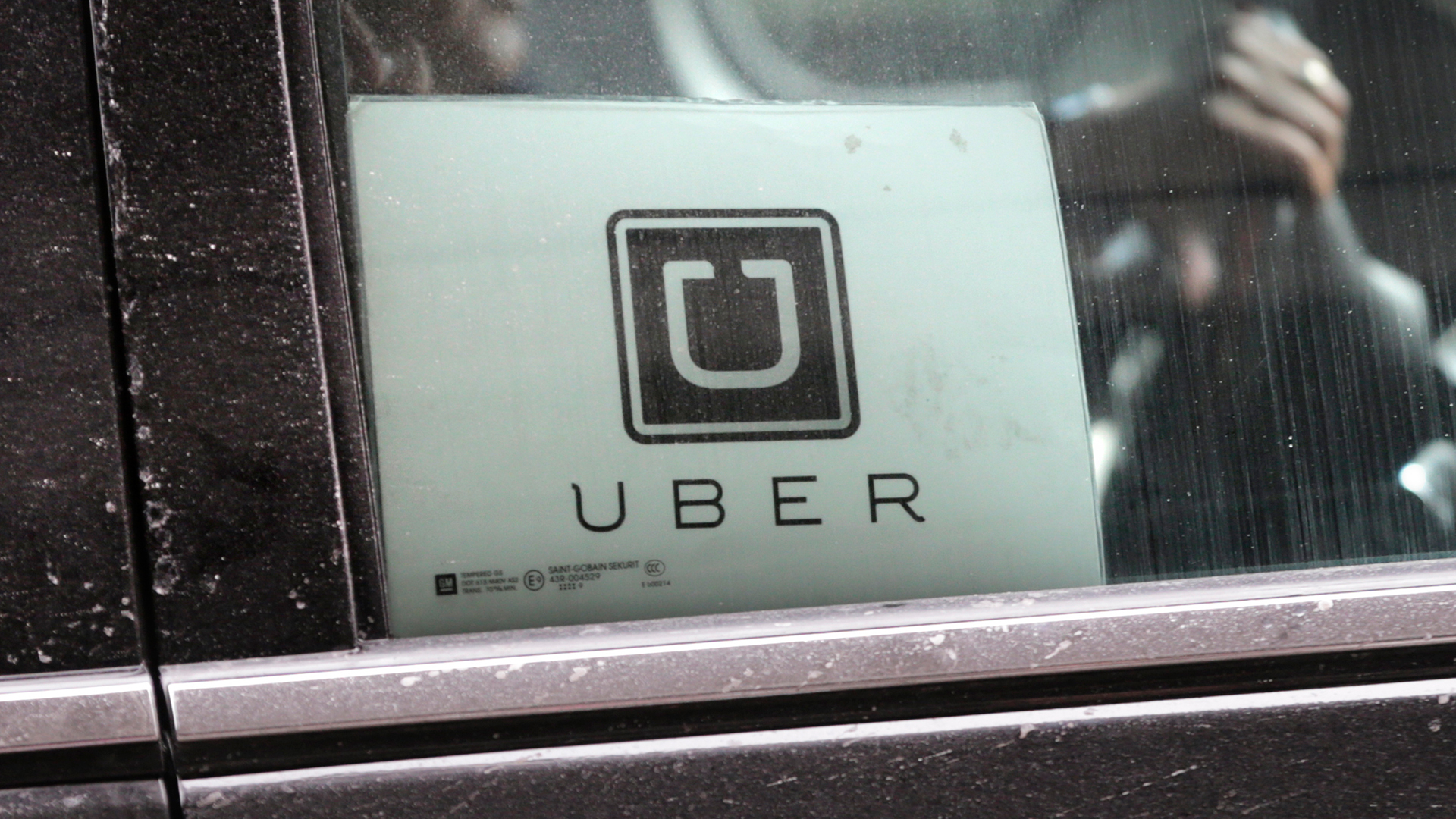

Uber has an uncanny ability to generate new scandals. As news broke that the company hid a software vulnerability that exposed the data of 57 million people, it was hit with an $8.9 million fine in Colorado for allegedly letting unqualified people become drivers.
The Colorado Public Utilities Commission said an investigation found multiple violations of state laws for ride-hailing drivers. It found 12 Uber drivers with felony convictions, 17 drivers with major moving-vehicle violations, and three with restricted licenses due to previous drunk-driving convictions. Colorado is fining Uber $2,500 a day for each day an unqualified driver was found to be working.
“We have determined that Uber had background check information that should have disqualified these drivers under the law, but they were allowed to drive anyway,” PUC director Doug Dean said in a statement. “PUC staff was able to find felony convictions that the company’s background checks failed to find, demonstrating that the company’s background checks are inadequate. In other cases, we could not confirm criminal background checks were even conducted by Uber.”
An Uber statement said the company discovered a “process error that was inconsistent with Colorado’s ride-hailing regulations and proactively and proactively notified the Colorado Public Utilities Commission. This error affected a small number of drivers and we immediately took corrective action. Reuters reports that 57 drivers were affected by the error.
Uber and ride-hailing rival Lyft face increased scrutiny over background check policies.
At the end of September, London officials elected not to renew Uber’s operator license in part because they thought current background checks were inadequate. Uber also faces a lawsuit from two women who claim they were assaulted by Uber drivers who shouldn’t have been working for the company in the first place. Lyft was recently forced to deactivate a Chicago driver who was found to have ties to terrorism.
The push for stricter background checks is gaining momentum, but it’s unclear what policies governments will try to enact. Uber and Lyft have resisted fingerprinting drivers, even leaving Austin, Texas, when the city passed a fingerprinting requirement. Both companies returned to Austin after that rule was nullified by the Texas legislature.